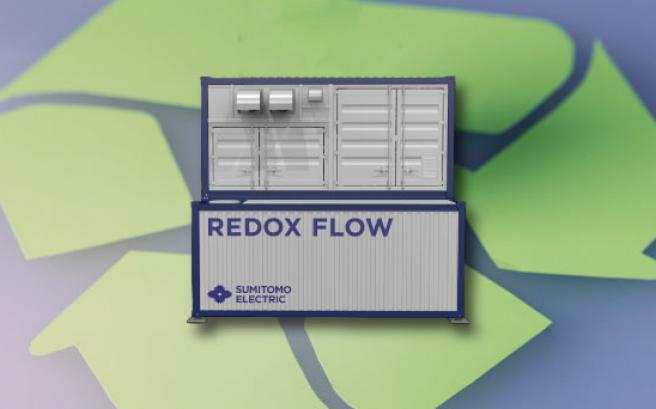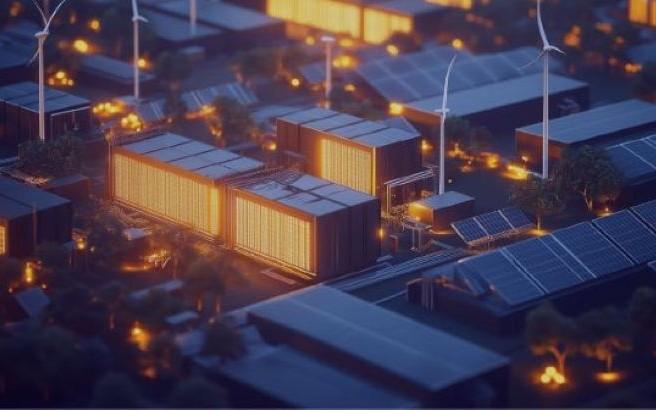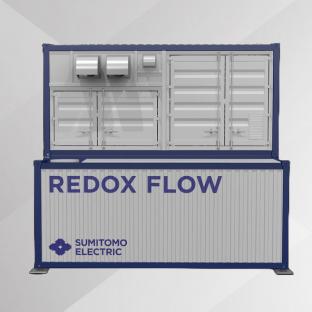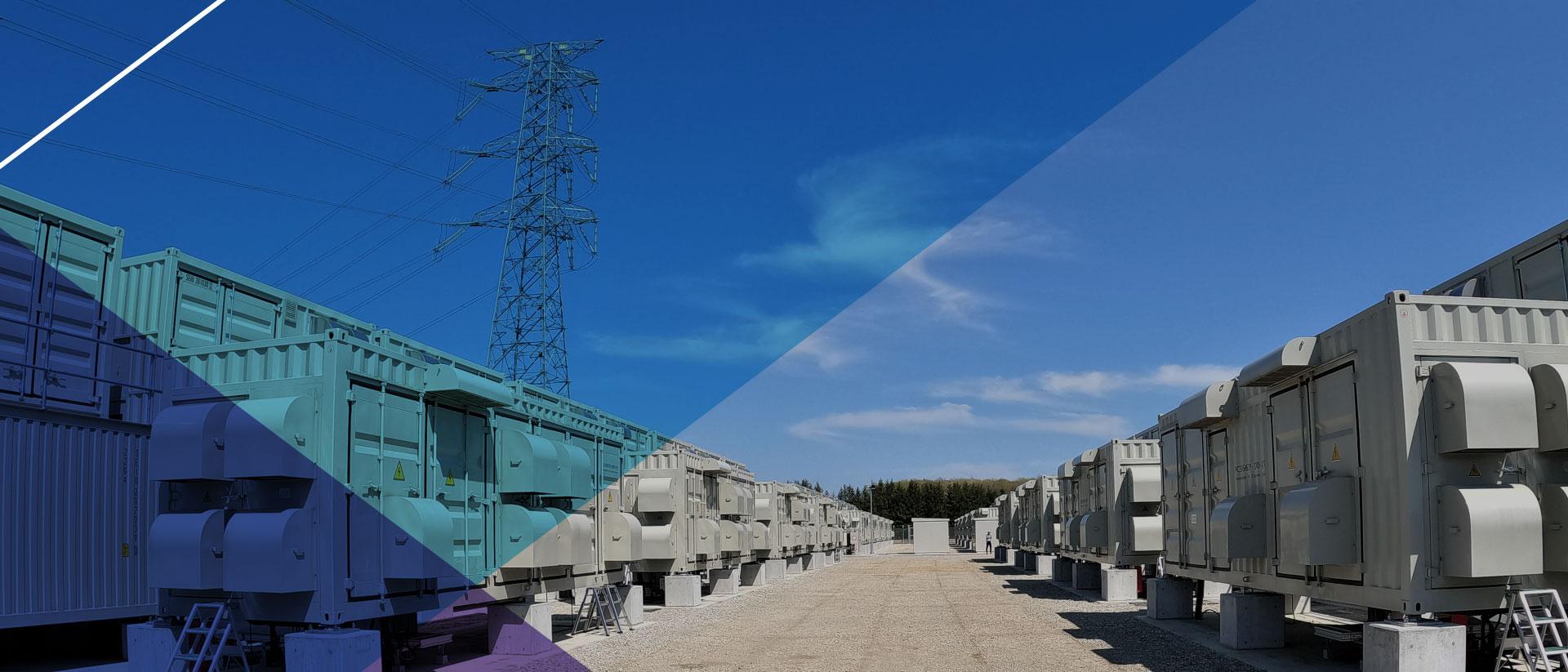
Featured Stories
Why Vanadium Flow Batteries Are Critical to North America's Grid Stability
As the U.S. achieves record-breaking energy production driven by renewables, Vanadium Redox Flow Batteries (VRFBs) offer the indispensable long-duration energy storage needed to stabilize the grid, enable seamless renewable integration, and ensure a reliable power supply.

The North American energy landscape is undergoing a monumental transformation. According to the U.S. Energy Information Administration (EIA), in 2024, the United States produced more energy than ever before, a testament to the nation's robust and evolving energy mix, significantly bolstered by renewable sources. This impressive growth, while pivotal for climate goals, introduces a critical challenge: integrating the inherent intermittency of solar and wind power into a stable and resilient grid. As more renewable energy comes online, the demand for reliable, large-scale energy storage solutions intensifies, becoming the linchpin for grid modernization and decarbonization efforts.
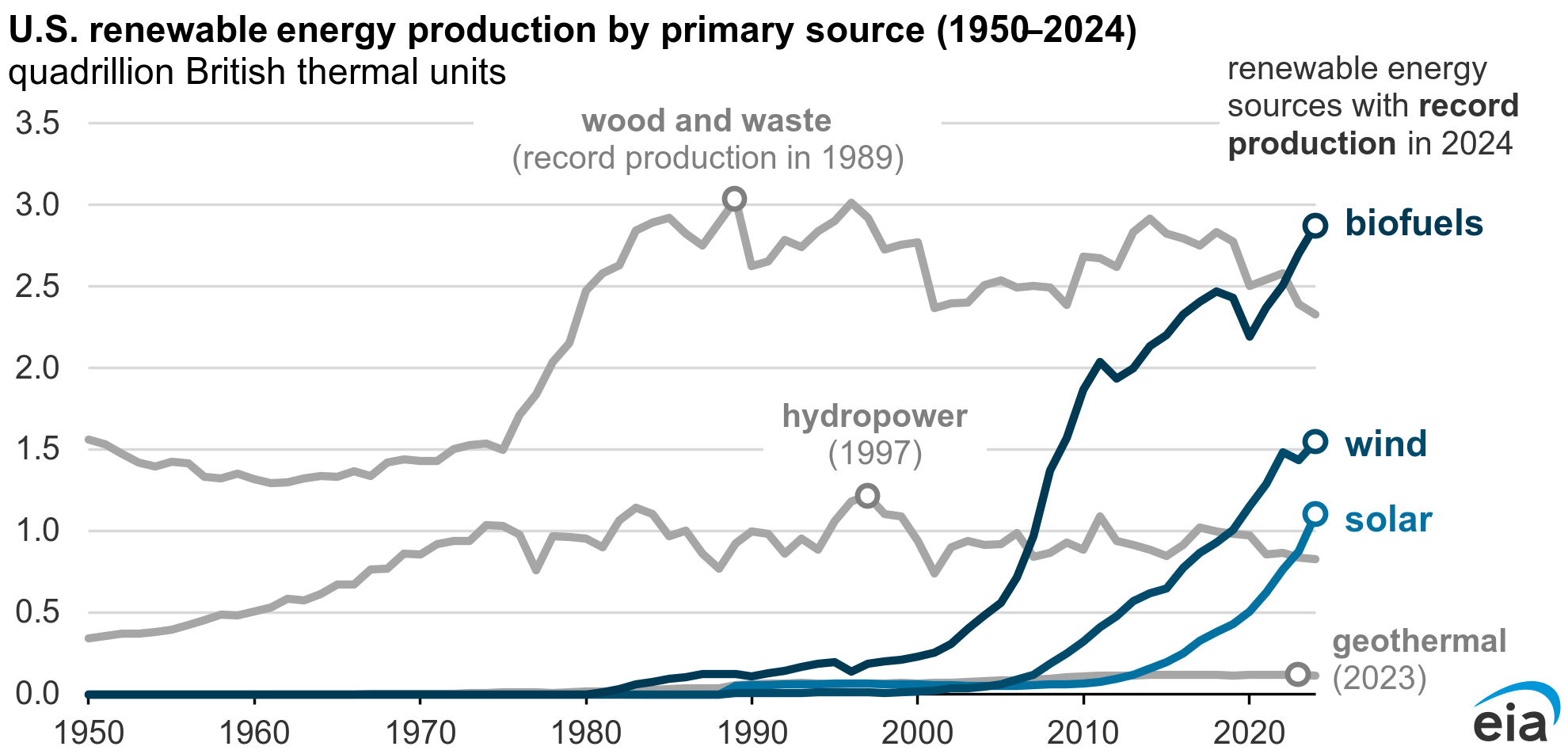
This is where advanced battery technologies step in, and Vanadium Redox Flow Batteries (VRFBs) stand out as a uniquely suited solution for the demands of a renewable-heavy grid. Unlike conventional batteries, VRFBs store energy in liquid electrolytes, allowing for a decoupled power and energy rating. This design inherently supports long-duration discharge capabilities, essential for balancing renewable generation over extended periods, ensuring power availability even when the sun isn't shining or the wind isn't blowing. Their ability to scale independently means you can easily expand storage capacity by simply increasing the volume of electrolyte, making them highly adaptable for grid-scale applications, from utility-scale plants to microgrids.
VRFBs offer a compelling array of features that align perfectly with the evolving needs of the North American grid. Their non-flammable, non-explosive aqueous electrolyte provides exceptional safety, a critical consideration for large installations within communities. As a leading safe battery technology, VRFBs minimize risks associated with thermal runaway. They also boast an impressive lifespan of up to 30 years with minimal degradation, ensuring long-term operational stability and a low levelized cost of storage. This combination of safety, longevity, and flexible scalability positions VRFBs as a robust and reliable partner in North America's journey towards a sustainable and stable clean energy future, enabling the seamless integration of record-breaking renewable energy production and supporting overall grid stability.
References:
In 2024, the United States produced more energy than ever before, U.S. Energy Information Administration (EIA), June 9, 2025
Follow us on LinkedIn!
If you enjoyed this Feature Story, be sure to follow Sumitomo Electric U.S.A on LinkedIn. We share updates there whenever new stories are published. (Note: Sumitomo Electric Group also has a global LinkedIn account for corporate updates.)
